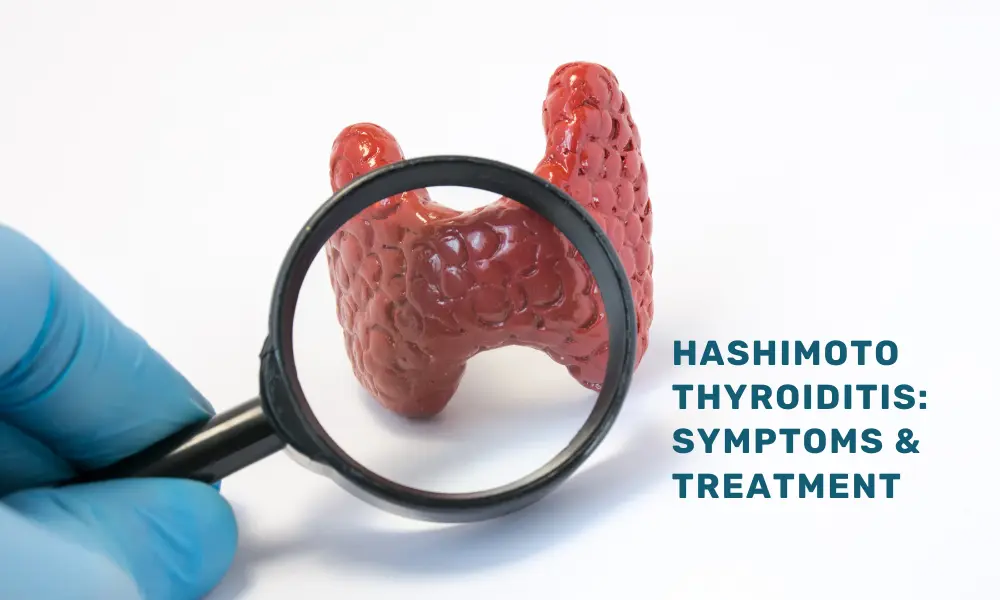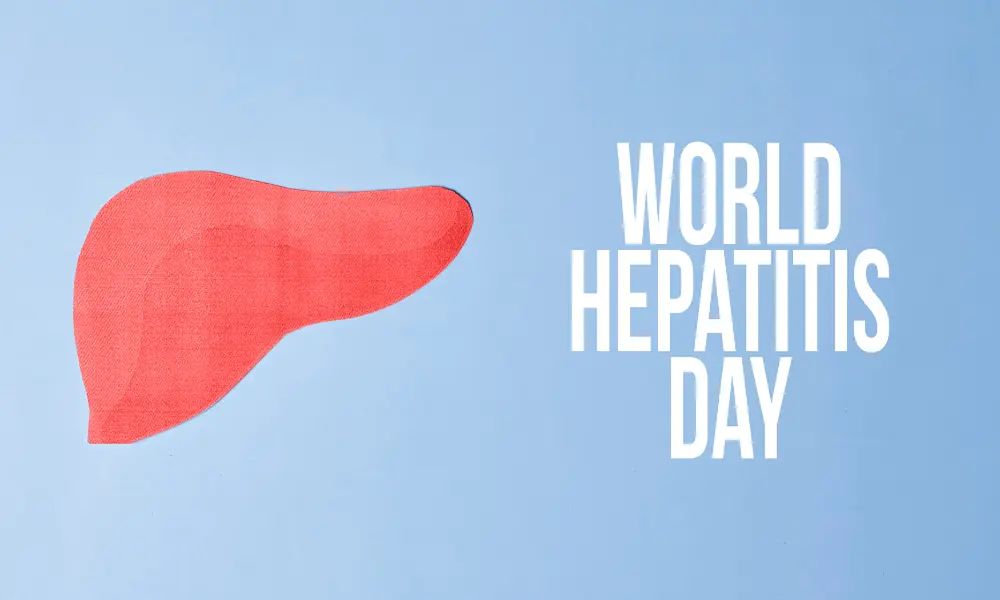Recently, the autoimmune ailment – Hashimoto’s disease is making headlines. Hashimoto’s — is a thyroid-related issue in which our body’s antibodies fight against our system. Here’s all you need to know about this disease.
What is Hashimoto Thyroiditis?
Hashimoto’s Thyroiditis is a condition where the body’s own immunity attacks the thyroid gland, causing malfunction and death of cells. Initially, there may be hyperfunction of the thyroid, but the ongoing antibody attack and inflammation in the thyroid leads to a reduction in thyroid function and hypothyroidism.
There are different types of antibodies in our body. Some antibodies form in response to disease, while others arise due to mimicry, sometimes harming the body.
Among these are certain autoantibodies that attack thyroid tissues, a condition first identified by a Japanese scientist, now known as Hashimoto’s thyroiditis. In this condition, the body produces antibodies against its own thyroid tissue, which leads to its destruction.
There may initially be pain and swelling in the thyroid gland, which is referred to as ‘goiter. This is followed by a decrease in thyroid function, which can manifest in various ways, including weakness, lethargy, dullness, weight gain, impaired bowel function, decreased attention, and mental confusion.
These are some of the multiple symptoms associated with Hashimoto’s thyroiditis. In certain individuals with high levels of antithyroid antibodies, these antibodies can become toxic to the brain and attack the nervous system, leading to abnormal body movements, impaired consciousness, and abnormal behavior. The good part is that because it is an autoimmune condition, it responds to immunomodulating treatments.
Symptoms of Hashimoto’s Thyroiditis
-
As metabolism slows down, it can cause weight gain, and patients may become sluggish and lethargic. There is also a reduction in internal heat production, which can lead to cold intolerance.
-
The prolonged slowing of cardiac function can result in breathlessness and swelling of the body. These are some of the manifestations of Hashimoto thyroiditis leading to hypothyroidism, and it can also affect fertility, potentially causing infertility or recurrent pregnancy losses.
-
This condition also affects mental health. Thinking becomes sluggish, and the body’s slowed metabolism can lead to decreased productivity, depression, and stress.
-
The skin becomes dry, and hair loss may occur. Constipation is common, and patients may experience a reduction in heart rate or bradycardia.
-
In females, it may cause infertility and may also result in recurrent pregnancy losses, especially in early pregnancy. This highlights the importance of recognizing the condition.
It is important to check the thyroid hormone status periodically and adjust the dosages as needed. Taking either too little or too much of the hormone can lead to symptoms. However, if a patient maintains normal thyroid hormone levels, which is easily achievable with regular check-ups and dose adjustments, they can live a normal life.
Hashimoto’s thyroiditis Treatment
It is the most common cause of hypothyroidism, and the primary treatment for Hashimoto’s thyroiditis is thyroid hormone replacement therapy.
The drug of choice is usually levothyroxine sodium, and this medication has to be taken for life. This disease typically has an insidious onset, with subtle signs and symptoms that may progress over months to years.
Common symptoms include fatigue, constipation, dry skin, and weight gain. As the disease progresses, symptoms may include hoarseness, slow movements, decreased sweating, cold intolerance, memory loss, hair loss, and menstrual irregularities.
The Bottomline
The diagnosis of Hashimoto thyroiditis is primarily based on physical findings suggestive of hypothyroidism in the patient, along with thyroid profile testing and anti-thyroid antibody tests. Additional blood tests and a thyroid ultrasound may also be necessary to assess for autoimmune processes in the thyroid gland. Management typically involves lifelong thyroid replacement therapy with levothyroxine. To consult a specialist, Click Here.





